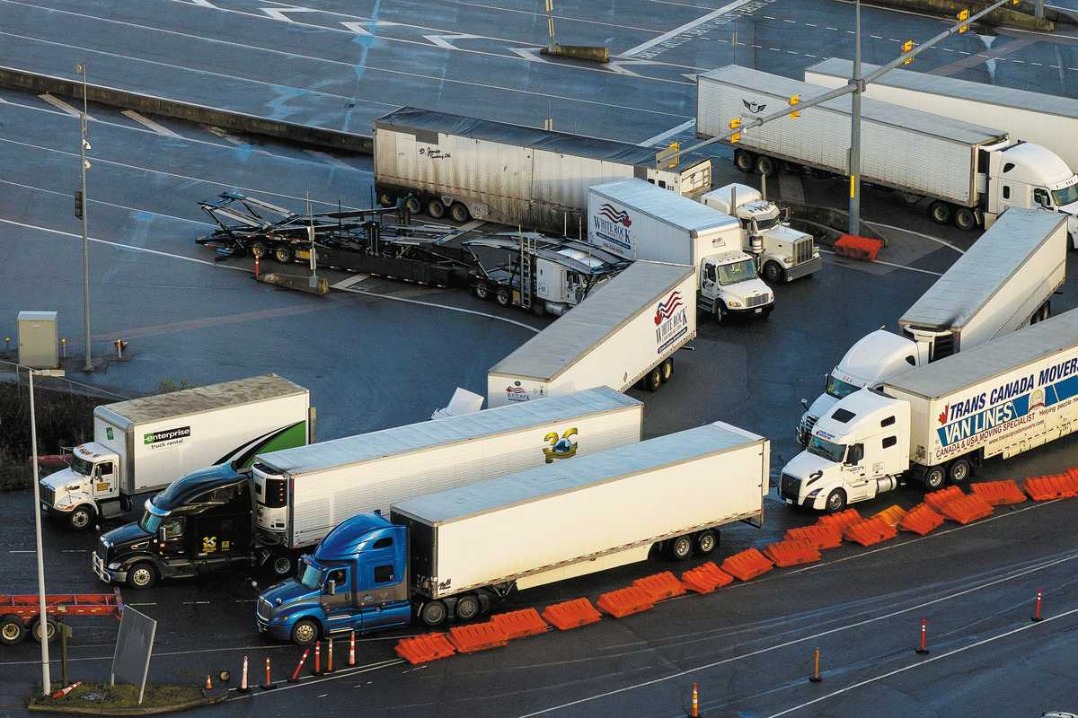Shenzhen's GDP grew by 6% in 2023
By Chai Hua and Wang Xu in Shenzhen, Guangdong | China Daily | Updated: 2024-01-31 09:02
Shenzhen in Guangdong province saw its GDP grow by 6 percent last year to a new high of 3.46 trillion yuan ($482 billion), according to the city government's annual work report delivered on Tuesday.
That represented a leap from 3.3 percent growth in 2022, and surpassed that of other first-tier cities on the Chinese mainland — Beijing, Shanghai and Guangzhou.
Export volume increased 12.5 percent year-on-year, ranking first among all cities on the Chinese mainland for the 31st consecutive year, while total imports and exports exceeded 3.87 trillion yuan, up 5.9 percent.
Delivering the government work report at the opening meeting of the annual session of the Shenzhen people's congress, Shenzhen Mayor Qin Weizhong said the city will strive for more breakthroughs in the development of the Guangdong-Hong Kong-Macao Greater Bay Area.
Reforms of the Greater Bay Area and new industrialization are seen as pivotal measures for the city to achieve its growth target of 5.5 percent in 2024.
To enhance cooperation with the neighboring Hong Kong Special Administrative Region, Shenzhen will expedite the construction of new cross-border railways, checkpoints and pilot zones of innovative cross-boundary renminbi payment services.
Qin mentioned the high-quality development of the Hetao Shenzhen-Hong Kong Science and Technology Innovation Cooperation Zone, tasked with attracting 20 new topnotch enterprises and institutions' research centers, and 10 new scientific research projects this year.
Another leg to support Shenzhen's growth this year will be to promote new industrialization, according to the work report.
"New industrialization primarily refers to intelligent and green manufacturing and the integrative development of manufacturing and service industries. Accelerating the optimization and upgrading of industrial structure is an important path to promote new industrialization," said Yu Lingqu, director of the department of finance and modern industries at the China Development Institute, a Shenzhen-based think tank.
New opportunities the work report mentioned include new energy, intelligent vehicles, and the low-altitude and aerospace economy. One ambitious goal is to build a new-generation world-class motor city.
Hou Songrong, a political adviser in Shenzhen, said the city should leverage artificial intelligence technology to promote new industrialization and foster new productive forces so that it can gain the upper hand in international competition.
"Technology breakthroughs are vital to drive the development of new productive forces," he said.
Hou suggested the city provide low-cost computing power platforms to reduce the barriers and costs of model training for businesses and startup teams.
Yi Yang contributed to this story.
























